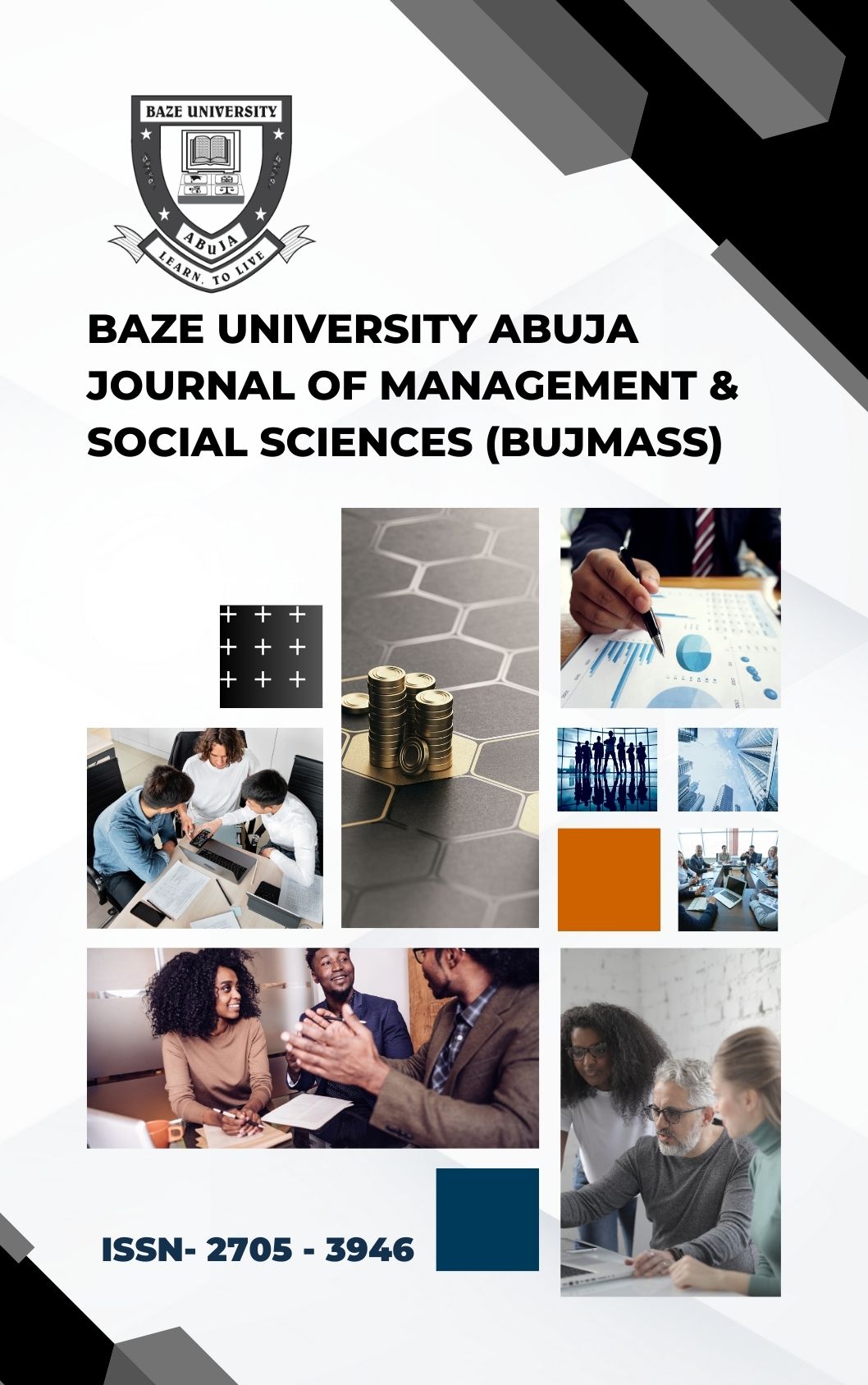Abstract
The struggle over presidential term limit in Africa is a struggle for power, with its concomitant implications. It is a diversionary reoccurring decimal which has plagued the African continent and has diverted attention and effort from the more problematic issue of institutionalising democracy and enhancing the prospects for African development. In fact, the quest to control power is a means to an end and not an end in itself. Power is struggled for, not to improve the standard of living of the people, but to use power as a tool of primitive accumulation of wealth. The struggle for power in Africa is driven by the absence of an ideology to drive the social contract between the state and the populace. As its objective, the paper argues that the domestic repercussions of enforcing term limit have implications for democracy. The paper further argues that the struggle over presidential term limit is a reflection of the weak nature of African states and the lack of institutional values and sound ethical culture to drive politics and democracy. The paper's Methodology was essentially exploratory with the critical analysis of secondary data, using content analysis, as its method of data analysis. The paper's findings concluded that the enforcement of presidential term limit is possible if there is collective and sustained opposition. The paper recommends consistent electoral reforms.
KEY WORDS: Democracy, Institutional values, Presidential, Term limit, Extension



 National Library of Nigeria
National Library of Nigeria.jpg) Association of Nigerian Authors
Association of Nigerian Authors Nigerian Library Association
Nigerian Library Association EagleScan
EagleScan Crossref
Crossref